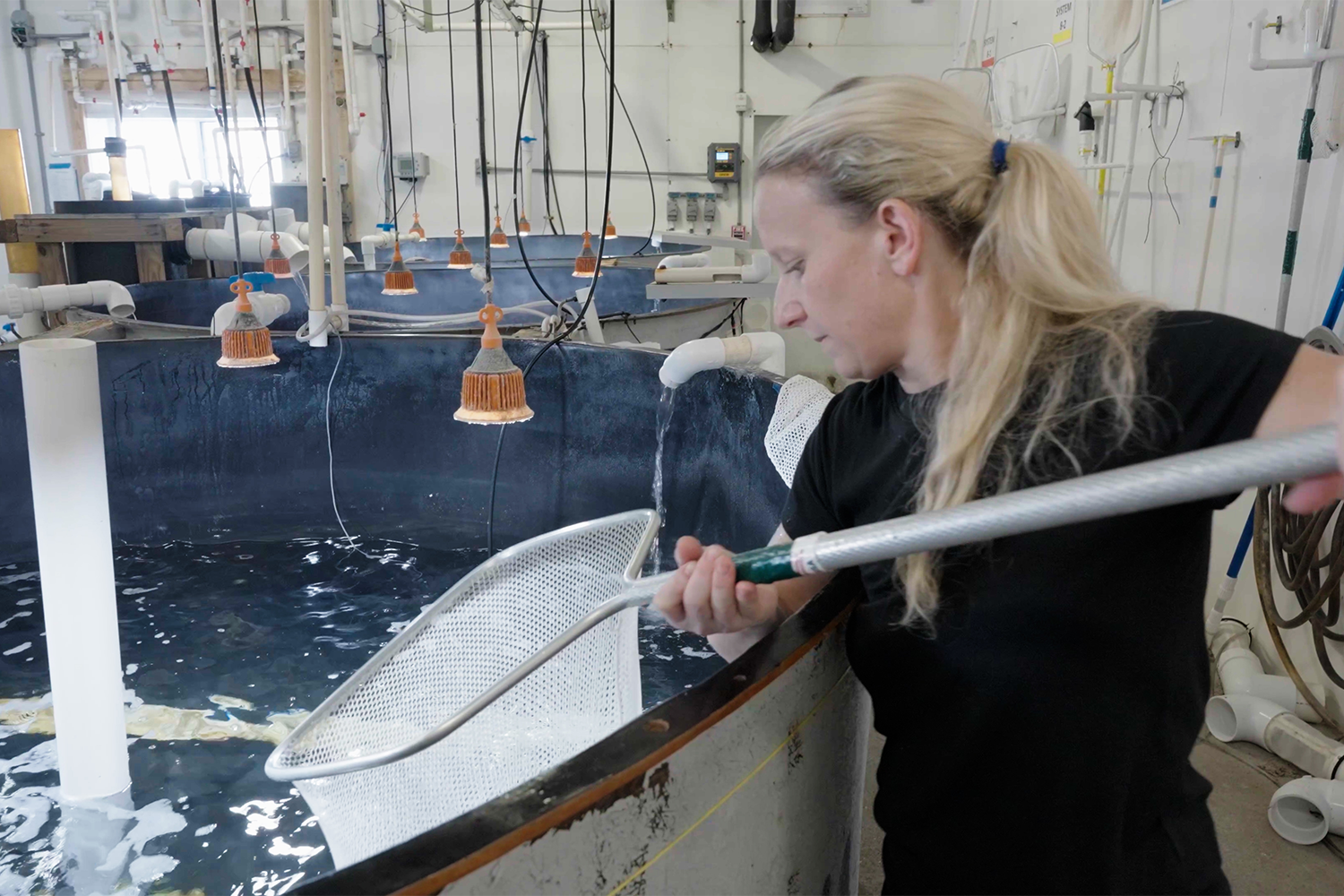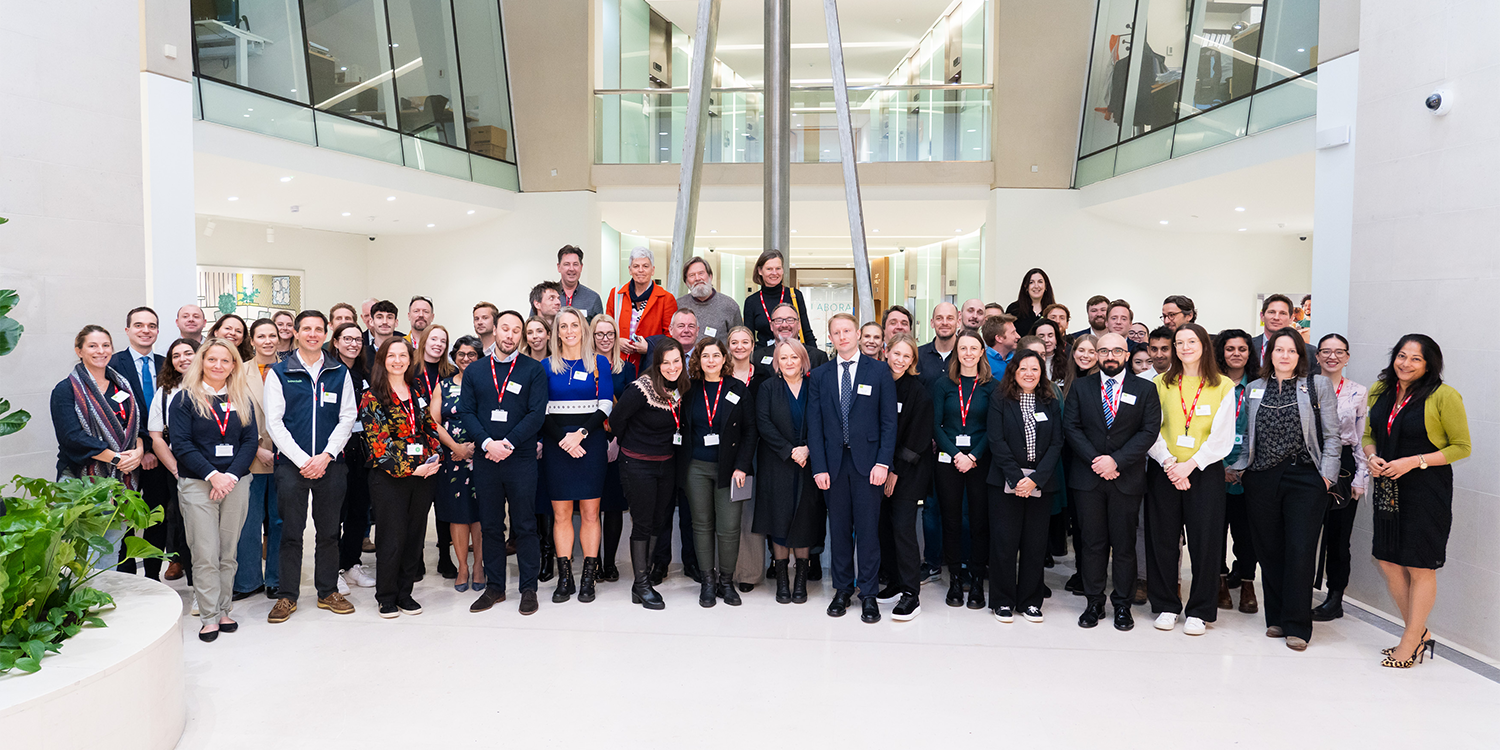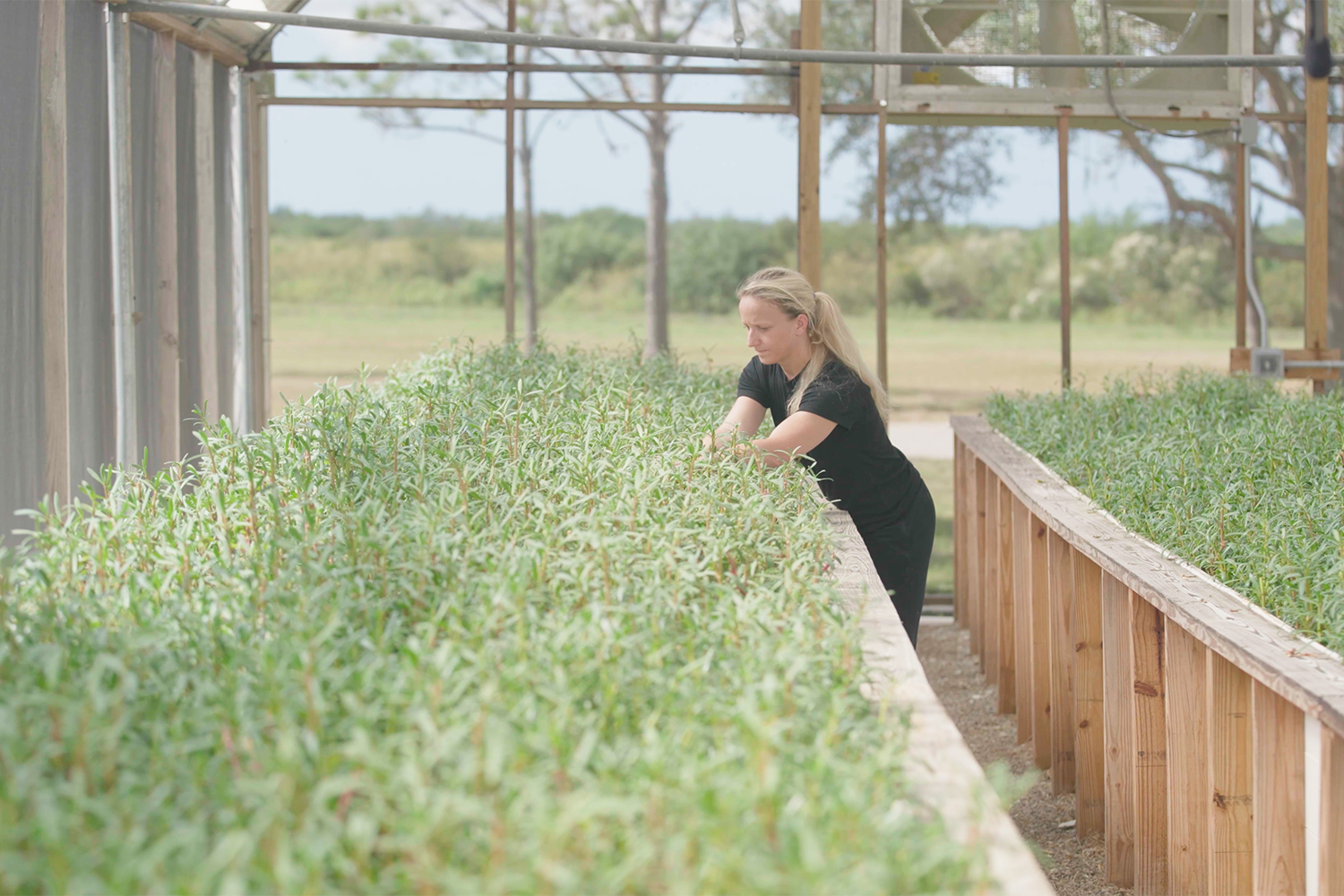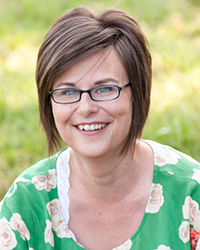Florida RAS red drum producer Pine Island Redfish joins Bright Tide’s Regenerative Farming Accelerator

Megan Sorby has spent the past five years writing a business plan, assessing sites, securing permits and designing facilities to farm red drum (Sciaenops ocellatus) in a recirculating aquaculture system in Pine Island, Florida. Despite making significant gains toward launching Pine Island Redfish, Sorby knows there’s still work to do: She was recently accepted into the Bright Tide Regenerative Farming Accelerator where she will map out the next steps for the land-based farm.
“The aquaculture space is so small [and] so many people know each other already or have worked together and it makes us tight-knit and a great community for collaboration but it also limits us to thinking within our own box,” said Sorby, founder and CEO. “We forget that there is creativity and innovation happening in very related spaces that could drastically impact how we do things.”
Bright Tide, a UK-based environmental consultancy, hosts the Regenerative Farming Accelerator, which aims to provide a platform, networking opportunities and connections for startups working in the regenerative farming sector. The program kicks off this month and includes 10 land-based projects and 10 ocean product projects ranging from seaweed, shrimp and oyster restoration to pasture-raised meats, wheat and biomineralization.

“Ocean farming is a fantastic industry, but a lot of businesses didn’t have the same support as land-based ventures,” said Harry Wright, founder and CEO of Bright Tide. “But it offers so many amazing untapped solutions around food security and net zero and finding sustainable replacements to unsustainable practices.”
The eight-week accelerator includes three components: networking, upskilling and fostering collaboration. The entrepreneurs will meet in London in March for a kick-off networking event at the House of Commons, attend virtual programs throughout the program and return to London for a pitching event with an audience of up to 150 potential customers and investors.
More than 120 companies applied for the Regenerative Farming Accelerator. The 20 startups that were chosen represent diverse farm sizes and agriculture sectors and are based around the world, including the United States, South Africa, Argentina, England and Scotland.
In selecting entrepreneurs for the cohort, Wright focused on the merits of individual startups, as well as potential synergies between the companies. Startups focused on carbon sequestration might benefit from partnering with seaweed farms and the shrimp farm could be a resource if Pine Island Redfish wants to expand into the UK, he added.
“The dream is to build up the synergies between land and ocean,” said Wright.
Daniela Allerbon, founder and CEO of Aquit, has participated in other accelerator programs, where she gained insights that helped secure funding, validate their product and find partners to pilot their preventive treatment for infections in fish that aims to replace antibiotics.
Allerbon applied to the Bright Tide Regenerative Farming Accelerator because she believes her Chile- and Argentina-based biotech startup can benefit from connecting with other entrepreneurs and investors specializing in the blue economy.

“This world in which we are participating is very niche,” said Allerbon. “We’re trying to understand the impact that we are going to have [and] the type of investor that could be interested in in us. So for us, it’s the specialization in regenerative farming that made this accelerator very interesting.”
Startups that participated in the Blue Carbon Accelerator and the Blue Economy Ocean Accelerator that Bright Tide hosted in 2022 and 2023 have leveraged those networks to work together on projects and joint funding bids. Wright hopes that the Regenerative Farming Accelerator will create opportunities for “the land side and the ocean side to address the issues on a whole-scale approach.”
Sorby hopes that the accelerator helps Pine Island Redfish make significant strides toward farming red drum in an RAS, reduce wastewater and sequester carbon — but she also hopes that the program will shine a light on the impact of the aquaculture industry.
“Bright Tide, being based in the UK, gives us a completely separate audience that might not as aware of some of the initiatives that are happening here in North America and the potential that we have, particularly with our climate in this region, to do things like this that could be implemented in different ways around the world,” said Sorby. “It gives us a platform for wider storytelling [and] helps bolster and legitimize what we’re doing in the U.S. market and, hopefully, that encourages the support for our operations.”
@GSA_Advocate
Now that you've reached the end of the article ...
… please consider supporting GSA’s mission to advance responsible seafood practices through education, advocacy and third-party assurances. The Advocate aims to document the evolution of responsible seafood practices and share the expansive knowledge of our vast network of contributors.
By becoming a Global Seafood Alliance member, you’re ensuring that all of the pre-competitive work we do through member benefits, resources and events can continue. Individual membership costs just $50 a year.
Not a GSA member? Join us.
Author
-

Jodi Helmer
Jodi Helmer is a North Carolina-based journalist covering the business of food and farming.


